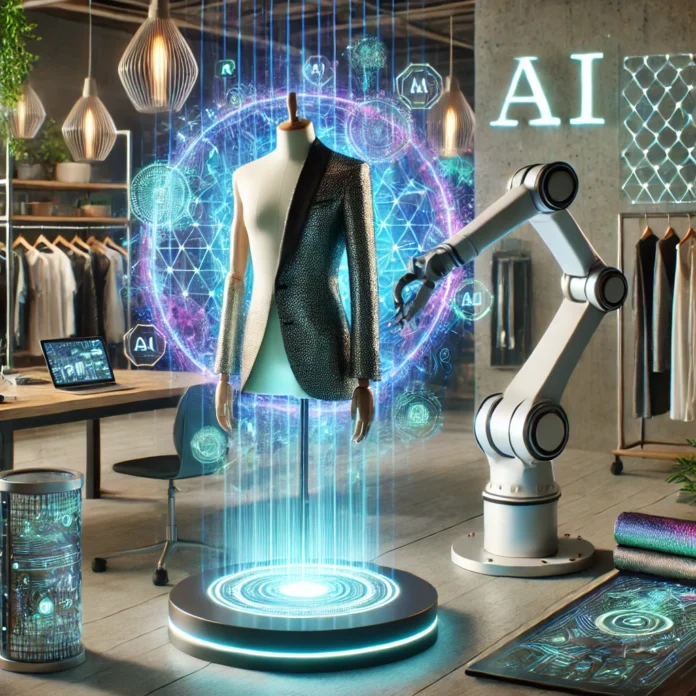Fashion is a dynamic industry driven by creativity, innovation, and rapid trends. In recent years, Artificial Intelligence (AI) has emerged as a transformative force, reshaping how fashion is designed, produced, marketed, and consumed. From trend prediction to sustainable practices, AI is not only redefining style but also addressing the industry’s environmental and ethical challenges.
Trend Prediction and Consumer Insights
AI tools such as Heuritech and Stylumia analyze social media trends, runway shows, and consumer behavior to forecast emerging styles. By processing vast amounts of data, these algorithms identify patterns and predict which colors, fabrics, or silhouettes will be in demand.
For instance, Heuritech scans millions of images across platforms like Instagram and TikTok to provide brands with actionable insights about upcoming trends. This enables designers to stay ahead of the curve and create collections that resonate with consumers.
Personalized Shopping Experiences
AI-powered recommendation engines enhance the online shopping experience by tailoring suggestions to individual preferences. Retailers like Zalando and ASOS use machine learning to analyze past purchases, browsing behavior, and style preferences to offer curated options.
Virtual try-on technologies, such as those offered by Metail and Vue.ai, allow customers to visualize clothing on digital avatars or their own photos. This reduces uncertainty in online shopping, increases customer satisfaction, and minimizes return rates.
AI-Driven Design
AI is also influencing the creative process. Tools like Runway ML and DeepArt enable designers to experiment with new patterns, colors, and styles. AI generates designs by blending artistic influences, offering fresh perspectives that push the boundaries of traditional aesthetics.
In some cases, AI collaborates with designers, automating repetitive tasks like fabric pattern generation while leaving the final creative decisions to humans. This synergy enhances efficiency without compromising artistic integrity.
Sustainability Through AI
The fashion industry is a major contributor to environmental degradation, with issues ranging from overproduction to waste. AI is helping brands adopt sustainable practices by optimizing supply chains and reducing resource use.
- Inventory Management: AI platforms like Nextail predict demand more accurately, enabling brands to produce the right quantities and minimize overstock.
- Sustainable Materials: AI assists in discovering eco-friendly alternatives to traditional fabrics, analyzing their performance and scalability.
- Waste Reduction: Startups like Reflaunt leverage AI to promote circular fashion by connecting consumers with resale opportunities, extending the life cycle of garments.
Challenges and Ethical Considerations
While AI offers immense benefits, it also raises concerns. The reliance on algorithms for trend prediction and personalized shopping may amplify consumerism, encouraging unsustainable buying habits. Additionally, data privacy remains a concern, as AI systems collect sensitive information about consumer preferences and habits.
There is also debate about the potential loss of human creativity as AI takes a more active role in design. Striking a balance between innovation and tradition is essential to preserve the art of fashion.
Conclusion
AI is revolutionizing the fashion industry, enabling smarter design, improved consumer experiences, and more sustainable practices. By merging technology with creativity, AI empowers brands to innovate while addressing environmental challenges. As AI continues to evolve, it has the potential to shape a future where fashion is not only stylish but also ethical and inclusive.





